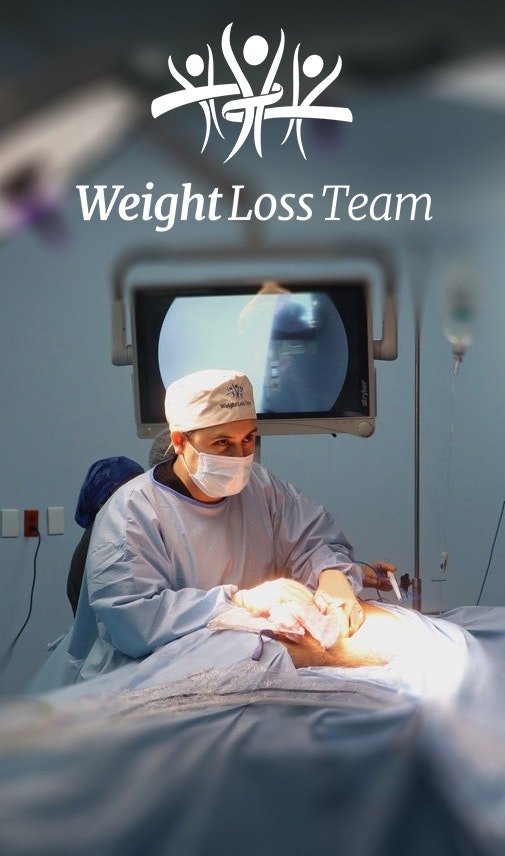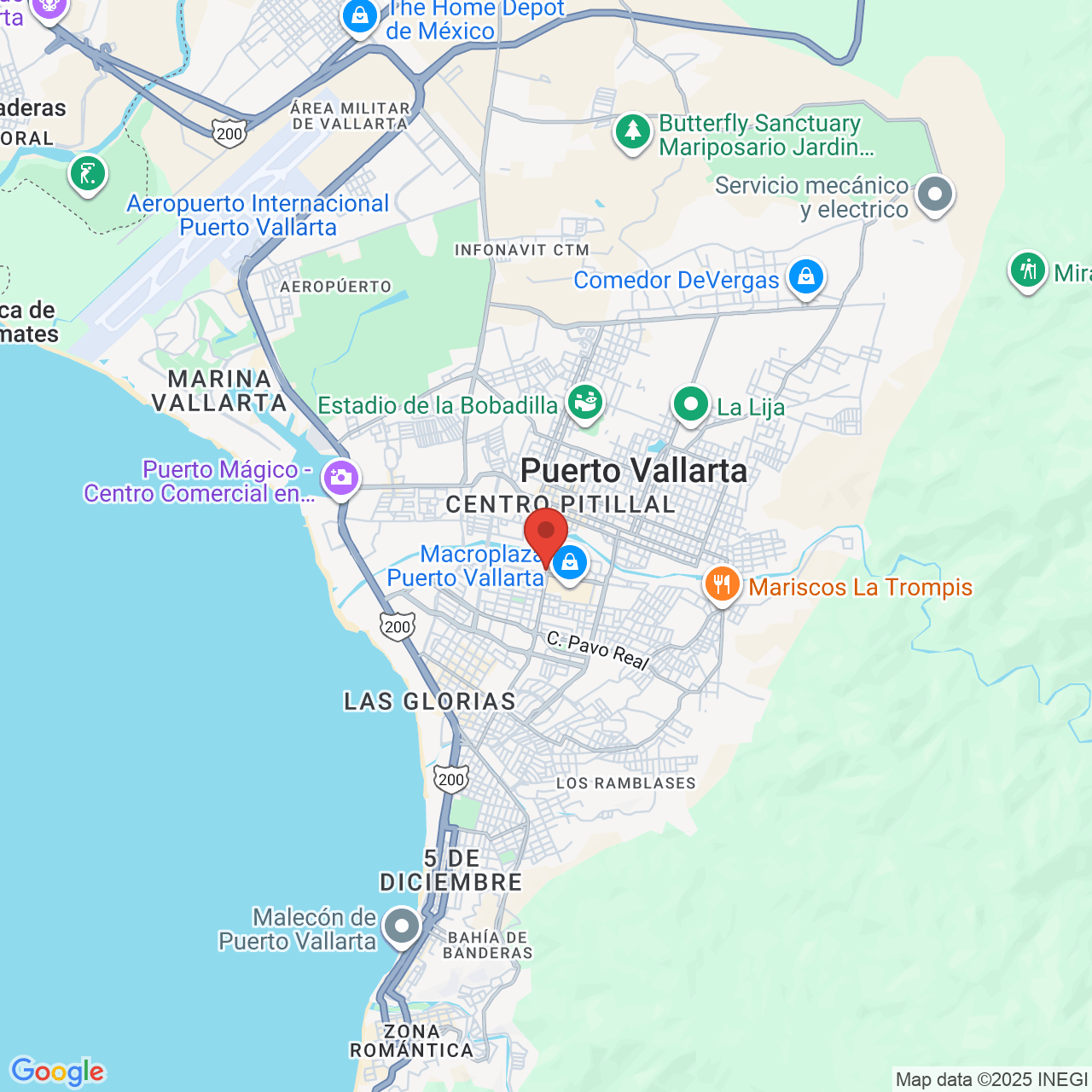How to live life after reaching goal weight after weight loss surgery
 Obesity is a lifelong disease and this means that there is no surgery, diet, or medication that can by itself offer the patient a permanent cure to obesity. Weight Loss Surgery is not a cure for obesity either, but rather a great tool to help obese patients begin an efficient and faster weight loss journey to be able to live a longer, healthier, happier, and more fulfilling life.
Obesity is a lifelong disease and this means that there is no surgery, diet, or medication that can by itself offer the patient a permanent cure to obesity. Weight Loss Surgery is not a cure for obesity either, but rather a great tool to help obese patients begin an efficient and faster weight loss journey to be able to live a longer, healthier, happier, and more fulfilling life.
It is important to know that Weight Loss Surgery does not work independently of the patient’s effort and commitment; the surgery key to success is good aftercare and moderate lifestyle changes that will provide the patient wonderful long-term results after reaching their goal, not only for weight; but obviously this will also improve their overall health.
According to Dr. Juan F. Hidalgo lead surgeon at Weight Loss Team, the Bariatric Surgical Center at the CMQ Riviera Nayarit Hospital, right after the Weight Loss Surgery, most patients are able to lose weight initially due to the mechanics of the procedure even without following fully all the changes they have to make. However, long-term success involves a required lifestyle change that is recommended by their surgeon, including strict alterations to the patient’s diet and daily routines.
Obviously, as time goes by active weight loss will slow down and their bodies will adjust to the portion sizes which would normally be larger than they were eating in the early months after surgery. As such, as the body begins a maintenance phase, patients must keep on with the healthy diet, physical activity, and lifestyle changes; otherwise, their weight loss goal success won’t last.
Post Weight Loss Surgery Patients should pay attention to the following:
- Patients should not be discouraged when they reach a plateau, as this situation is normal and a necessary part of the weight-loss journey
- Exercise. Patents should include cardio, resistance, and flexibility in their routines. Physical activities such as weights, sit-ups, pull-ups, or abdominal straining should wait until their doctor allows them.
- Mental Health. Patients should be prepared for ups and downs along the journey, Patients must be positive and seek additional help from their surgeon or physiologist if they need it.
- Eating habits: Patients should eat 3 meals a day with a couple of healthy snacks as needed. They need to include high protein, low fat, low sugar, and low carbs in their diet. Protein should always be eaten first and then, move onto vegetables and fruit and finally the carbohydrate element.
- Patients need to eat slowly
- Patients should avoid eating food and drinking fluids together. And of course avoid drinking alcohol.
- It is also important that patients take multivitamins after surgery.
Gaining weight back after Weight Loss Surgery is one of the greatest fears patients have. If they do regain their weight, then revision surgery is available for some of the patients. However, when patients have reached their goal, a regain of a few pounds after some time is relatively normal. It is important that patients understand how this procedure works and what their role is in their new post weight loss surgery life. As such if patients gain a pound, then they should remember how many pounds they have lost, be strong, and return to their healthy diet and physical activity to get back to where they were before they gain too much weight.
Like any challenge in life, patients must know that the path to reach their weight loss goal won’t be easy. There is a number of situations that patient will face but the key is to maintain substantial lifestyle and behavior changes along their weight loss journey.
For more information regarding Clinics/ Hospitals and Weight Loss Options mentioned in this article:
Weight Loss Team – Bariatric Surgery Center at the CMQ Riviera Nayarit Hospital
Website: www.weightlossteam.com/
Email: info@weightlossteam.com
Telephone: Toll free 1(800) 404-9064 or + 1(818) 949-6911



